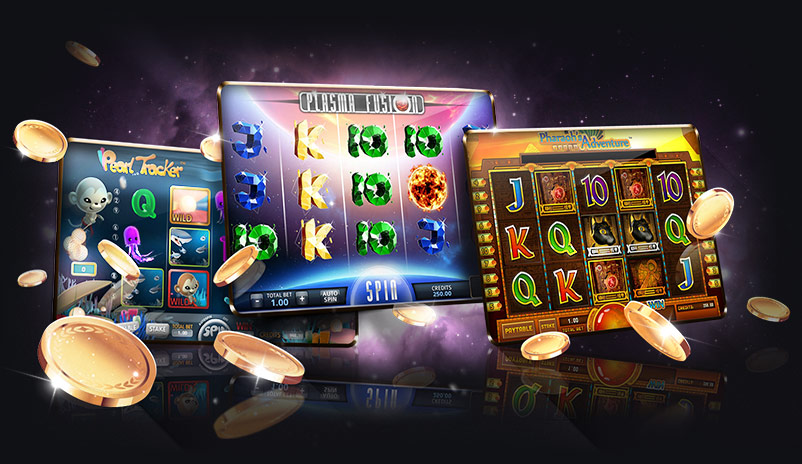Video games have become a ubiquitous form of entertainment, captivating millions of players worldwide. While many games offer immersive experiences and healthy competition, there is a growing concern regarding the promotion of gambling within video game ecosystems. This blog aims to shed light on this issue and provide insights into identifying video games that may be promoting gambling. Understanding the potential risks is crucial in safeguarding both individuals and the gaming industry as a whole.
Convergence of Video Games and Gambling
The coming together of video gaming and gambling has caused a lot of talk, arguments, and debates about the possible dangers and ethical concerns that come with mixing these two industries.
In the past, there used to be a clear difference between video games and gambling. But now, that line has become blurry. Video games have started including features like microtransactions, loot boxes, and other random elements that are very similar to gambling. Players now have to decide whether or not to spend real money on virtual items or the chance to get rare rewards. Moreover, many of them play online gambling games as slot games that pay real money. This can create the same excitement and anticipation that you would experience with traditional gambling.
Guarding the Game: Unveiling the Risks to Protect Players and the Gaming Industry
- Defining Gambling in Video Games
Before delving into the identification process, it is important to establish what constitutes gambling in the context of video games. Gambling typically involves staking something of value on an uncertain outcome, with the primary intent of winning more value. In video games, this can manifest in various forms, such as loot boxes, gacha mechanics, virtual casinos, or in-game currencies that can be purchased with real money and used for gambling-like activities.
- Recognizing the Presence of Chance-Based Mechanics
One of the primary indicators of gambling elements within a video game is the presence of chance-based mechanics. These mechanics involve random outcomes that can significantly impact gameplay progression or provide rare and desirable rewards. Games that heavily rely on such mechanics may raise concerns as they mimic the thrill of gambling. Examples include loot boxes, where players purchase virtual boxes containing random items, and gacha systems, where players spend in-game currency to obtain randomized characters or items.
- Evaluating the Monetization Model
Another aspect to consider is the monetization model of the game. Free-to-play games often employ microtransactions as a revenue source, but some titles can blur the line between optional purchases and mandatory spending. If a game consistently pushes players towards spending real money on random or chance-based items, it may be a sign that gambling elements are at play. Pay-to-win mechanics, where spending real money provides a significant advantage, can also be indicative of a game promoting gambling.
- Assessing the Psychological Impact
Video games that promote gambling can have profound psychological effects on players. Developers often employ strategies to create a sense of anticipation, excitement, and reward similar to that experienced in casinos. These psychological hooks can be alluring, especially to vulnerable individuals, leading to addictive behavior and financial loss. Excessive time and money investment, increased tolerance, and a compulsion to keep playing are red flags to watch out for.
- Researching Legal and Regulatory Frameworks
Understanding the legal and regulatory frameworks surrounding video games and gambling in your region is vital. Different jurisdictions have varying rules and guidelines regarding the inclusion of gambling elements in video games. Familiarize yourself with the laws and regulations in your country to better assess whether a game crosses the line. Additionally, keeping track of ongoing discussions and controversies related to video game gambling can provide valuable insights into industry standards.
What Are The Laws for Video Games?
The laws governing video games vary from country to country, and even within regions of the same country. The legal frameworks surrounding video games typically cover various aspects, including intellectual property rights, content regulation, consumer protection, online interactions, and gambling. It is always advisable to consult local legal resources or seek professional advice for accurate and up-to-date information.
Apart from this, there are many studies that have been conducted to show video games habits could turn into a gambling problem. All this information you can check out here!
Conclusion
Identifying video games that promote gambling is crucial in safeguarding players and ensuring ethical practices within the gaming industry. By recognizing the presence of chance-based mechanics, evaluating the monetization model, assessing the psychological impact, and staying informed about legal frameworks, players can make informed decisions about the games they engage with. It is essential for developers, regulators, and gamers to work together to create a healthy gaming environment that prioritizes player well-being and upholds ethical standards.
